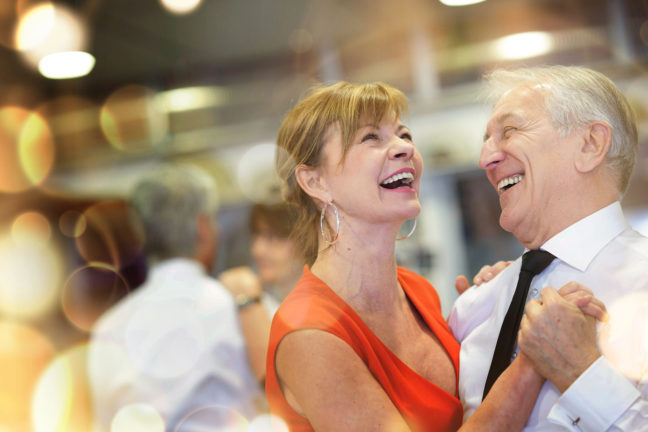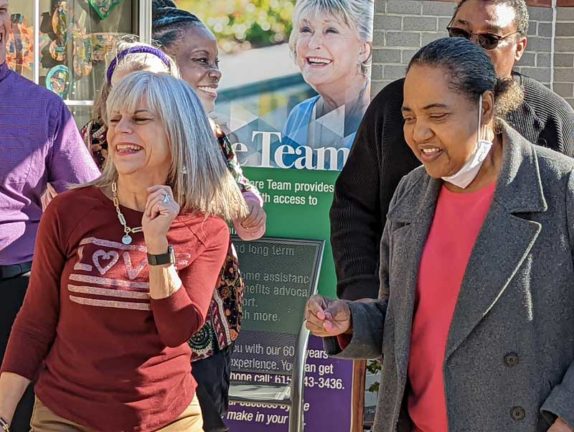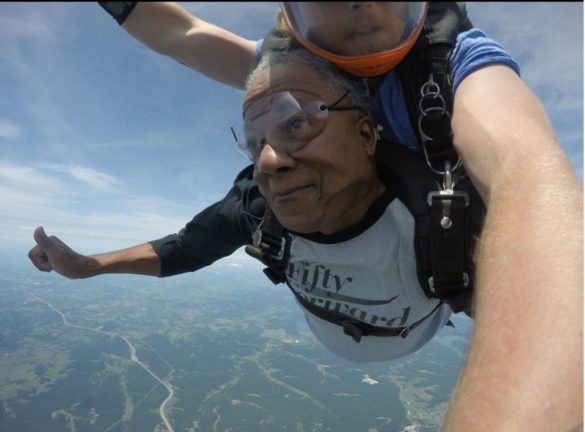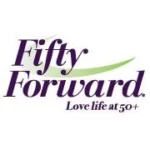Our world continues to evolve just like our needs and interests do as we age. As a nonprofit agency that has served older adults (something all of us used to call seniors) for 66 years, we are navigating new realities every day. The advent of COVID is one recent key contributor but it’s also important to note that the demographic we serve has also evolved with modern conveniences and technology. Just what should we call older adults? Is there a nice way to say old age? Are elderly and frail terms that are helpful primarily in the medical community?

As we reference the older population and how we serve them we look to the Reframing Aging Initiative, a cooperative effort put together in 2012 when eight national aging organizations gathered to address the entrenched ageism in America. With support from nine funders, the organizations collaborated with the social science research firm FrameWorks Institute to examine exactly what the American public thinks of aging. This initiative continues to gain momentum today as it seeks to change the way our society thinks and acts about aging. The Reframing Aging proponents advocate that we must begin to change the way we talk about this demographic group. Reframing aging begins by using a common language that celebrates our collective experience as we all age and helps contribute to solutions. The language we use truly matters.
 Chief Program Officer and social worker Gretchen Funk explored these new realities with David Plazas of The Tennessean recently as part of his Tennessee Voices podcast series. In this conversation, Funk touched on how the terminology for this demographic has evolved and underscored that aging is natural and a process.
Chief Program Officer and social worker Gretchen Funk explored these new realities with David Plazas of The Tennessean recently as part of his Tennessee Voices podcast series. In this conversation, Funk touched on how the terminology for this demographic has evolved and underscored that aging is natural and a process.
In referencing the agency’s programs and centers Funk said we prefer to use words not laden with feelings like elderly/frail and we rely on listening to our constituents to gain insight from them. “We like the term ‘older adults’ because it is descriptive and not laden with terms like elderly or frail. Older adults is the term that we chose to use,” Funk added.
As part of that movement to move forward in the early 2000s, Senior Citizens, Inc. rebranded to FiftyForward.
In the interview, Funk noted that today’s older adult is very different from the past. “We are all aging. That’s something that we want everyone to embrace. However, we live in a very youth-oriented culture. I just think that is the way America is. So, what that can mean for older adults is a feeling of marginalization,” Funk said.
She went on to say that this segment of the population society often overlooks, especially because they feel they built what we are benefiting from today. She emphasized that we should not marginalize older adults, and all generations should value their input and opinions. “We really work with people to help them decide what they want their older adulthood to look like. And offer them opportunities to live the way they would like,” Funk added.

Like many communities that focus on providing space and activities for older adults, FiftyForward, which is based in Middle Tennessee, has seven locations where people can engage in various activities, including exercise, art, continued education, and day trips. The organization also works around the fixed incomes of older adults, an issue affecting many older Americans.
In addition, FiftyForward focuses on countering isolation, creating a welcoming environment, and valuing a diverse population. Funk said, “We are big advocates that we should not marginalize older adults. They are part of the fabric of our community. We want to recognize that and really learn from that.”
In respecting diversity of all kinds, Funk offered, “There’s much kindness in the world, so if you give kindness and support, you get kindness and support in return.”
To watch the full interview and read the entire article, click here.


